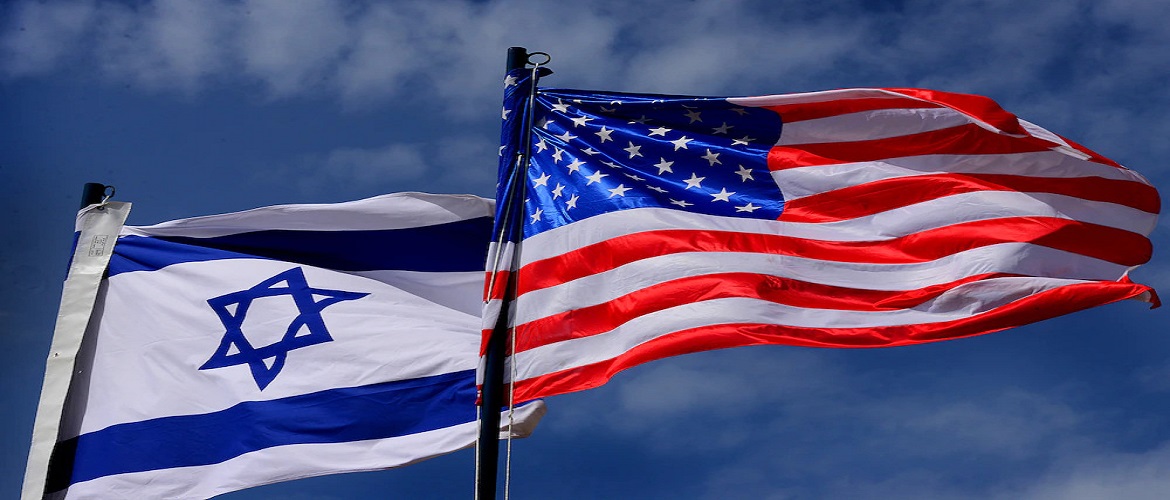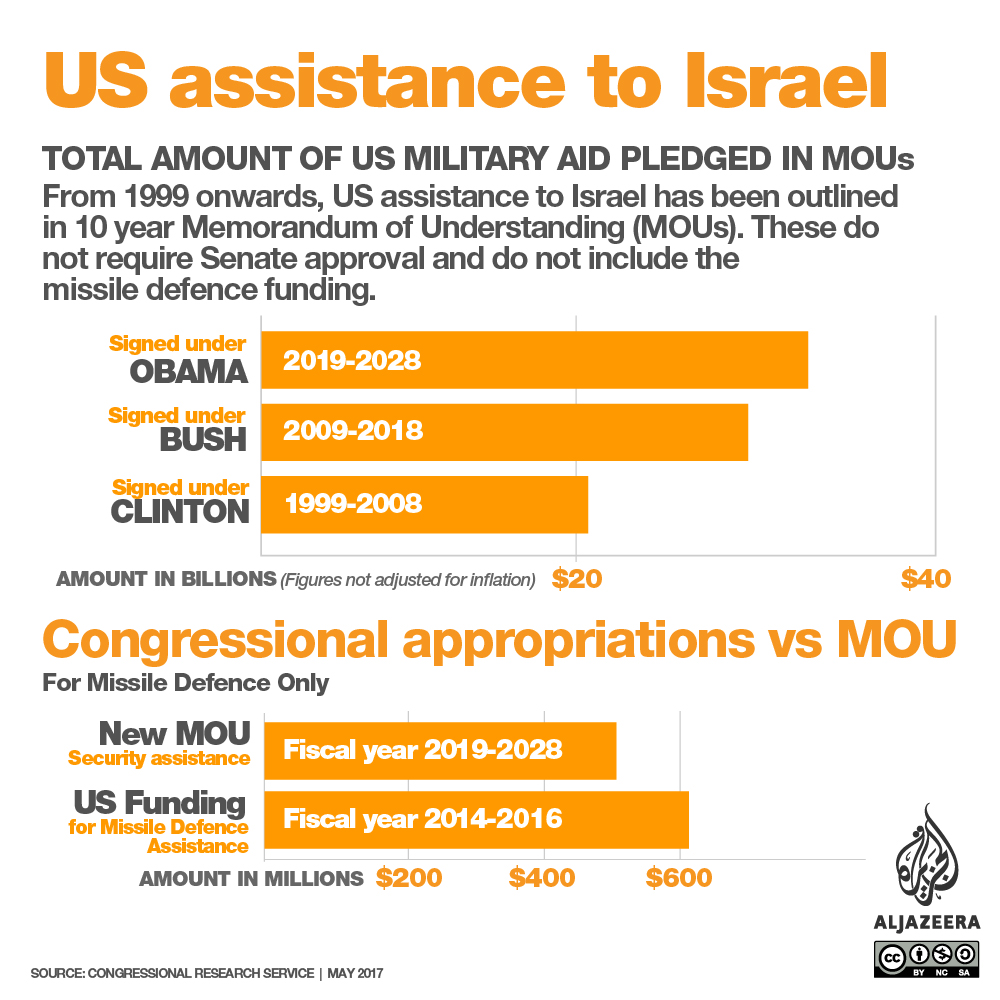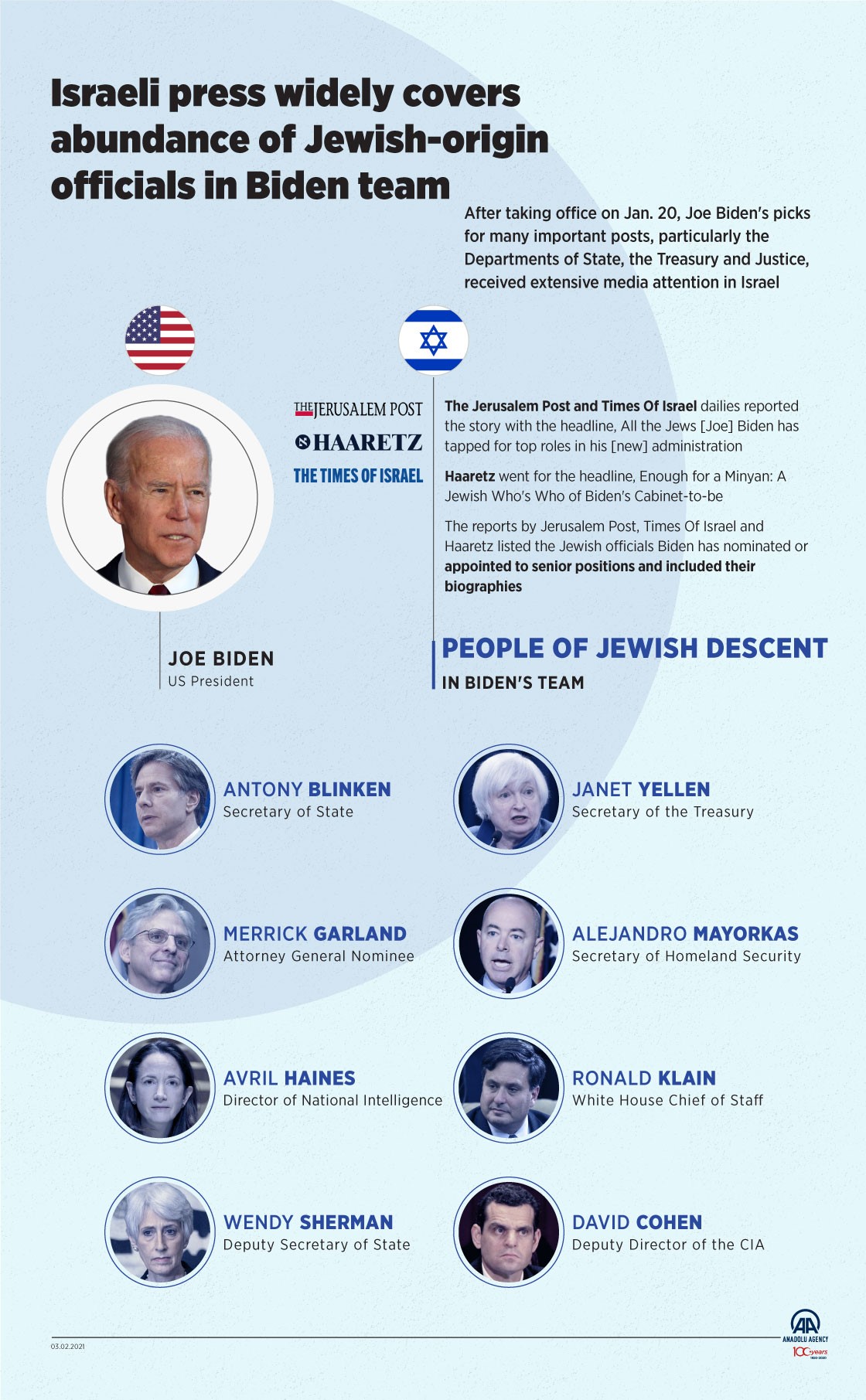Delayed Call Calculus
April 14, 2021 | Expert Insights

After almost four weeks in office, President Joe Biden has finally picked up the phone to Tel Aviv. In an hour-long conversation with Prime Minister Benjamin Netanyahu, both sides have reportedly stressed on the close historical ties between their countries.
The considerable delay on the part of President Biden in reaching out to this long-standing ally in the Middle East, has not escaped the notice of analysts. This is in stark contrast to former President Donald Trump and his predecessor Barack Obama, who had made calls to Tel Aviv within a few days of taking office.
In a significant departure from this trend, President Biden has chosen to prioritise countries like China, Russia, Germany, France, South Korea, and India in his early round of calls to foreign leaders. While this could merely reflect the shifting geopolitical concerns in Washington, rumours are rife that Mr Netanyahu has been deliberately snubbed by the new administration. Fuelling speculations even further, Mr Biden has conspicuously omitted a reference to Israel in his list of America's closest friends, while delivering a key foreign policy address at the U.S. State Department.
At this stage, it would be premature to label this as a ‘cold shoulder’ to Israel. Nevertheless, the new regime has demonstrated its desire to veer away from the policy trajectory set by Mr Trump in the Middle East, whereby it has revoked a ban on the Houthis and made efforts to re-engage with Tehran on the nuclear issue.
TRUMP LEGACY
Under the Trump administration, the U.S.– Israel strategic partnership had reached new heights. As can be recalled, in August 2019, President Trump had called himself “history’s most pro-Israel U.S. president” and Prime Minister Benjamin Netanyahu had reciprocated by terming Trump as "the best friend Israel has ever had in the White House."
During that time, several long-standing policies had been reversed in favour of Israel, ranging from the Iran nuclear accord to the status of Jerusalem and the Golan Heights. Following the formal recognition of Jerusalem as the Israeli capital, the U.S. had promptly shifted its embassy to the Holy City. Moreover, the American government had cut off funding to the U.N. Relief and Works Agency (UNRWA), which used to support displaced Palestinians in the region. To top it all, the office of the Palestine Liberation Organization in Washington had been shut down, effectively depriving the Palestinians of a diplomatic mission in the United States.

From a larger geostrategic perspective, President Trump had been able to strategically secure Israel’s status as a dominant power in the region by brokering the Abraham Accords and normalising its relations with a few key Arab states. In doing so, he was able to leverage their shared interests (and concerns) in neutralising threats from Iran and Turkey. Furthermore, he had found a common cause with Tel Aviv by unilaterally withdrawing from the JCPOA and applying maximum pressure on Tehran concerning its growing nuclear capabilities.
Naturally, this series of changes had been well-received in Israel, prompting Mr Netanyahu to align closely with the Republican Party. He had gone so far as to name a new settlement in the Golan Heights after Mr Donald Trump.
THE BIDEN TOUCH
Although President Biden has inherited a Middle East strategy heavily tilted in Israel's favour, he has indicated an approach that is more in line with conventional American foreign policy. Besides negotiating with Iran on its nuclear programme, he is likely to place the Israel-Palestine equation on a more even keel.
For one, the carte blanche for building settlements in the West Bank will be taken away. This will be accompanied by a possible reinstatement of U.S. funding to multilateral agencies so that they can continue their socio-economic projects in aid of the Palestinians.
Of course, Tel Aviv and the Jewish support base in the U.S., would not necessarily be appreciative of such changes. However, this will, in no way, erode the core of U.S. –Israel friendship. Washington continues to perceive Tel Aviv as a principal player in the American Middle East policy, both for domestic as well as strategic reasons.
Mr Biden has been a long-standing supporter of Israel and is known to share a good personal rapport with Mr Netanyahu. He has historically opposed the de-legitimisation of the Zionist state through movements like ‘Boycott, Divestment and Sanctions’ (BDS). Like most members of the Democratic Party, he has also not been immune to the influence of powerful Israeli lobbies in the U.S. Congress.

Furthermore, he does not believe in leveraging American aid to cease illegal settlement activities in the occupied territories. In fact, during his tenure as vice-president to Mr Obama, he had played an instrumental role in shaping one of the largest U.S. military aid packages to Israel.
More broadly, Mr Biden views Tel Aviv as a stable ally in the Middle East, whose military prowess is essential for offsetting Tehran’s destabilising activities and establishing regional dominance. The new government has already signalled its support for the Abraham Accords and announced that the U.S. embassy will not be shifted back from Jerusalem.
Considering these circumstances, therefore, it would be misleading to read too much into the delayed phone call to Tel Aviv.
Assessment
- Despite potential areas of friction, Mr Biden’s friendship with Mr Netanyahu, spanning 40 years, will be an important asset in managing bilateral ties. He will be careful to not antagonise the Israelis by taking their concerns over Iran’s nuclear programme into account.
- On the Palestinian issue, Mr Biden may indicate his sustained support for the two-state solution and urge Israel to refrain from unilateral steps. However, in the absence of radical measures like the conditioning of U.S. aid on the ceasing of settlement activities, the prospects for progress remain slim.
- From a larger perspective, as the U.S. grapples with Russian interference and an increasingly belligerent China, Mr Biden is likely to divert some political capital away from the Middle East, with the notable exception of Iran. As evident from his early flurry of phone calls, the emphasis will be on repairing transatlantic ties with Europe and strengthening partnerships in South and East Asia.








Comments